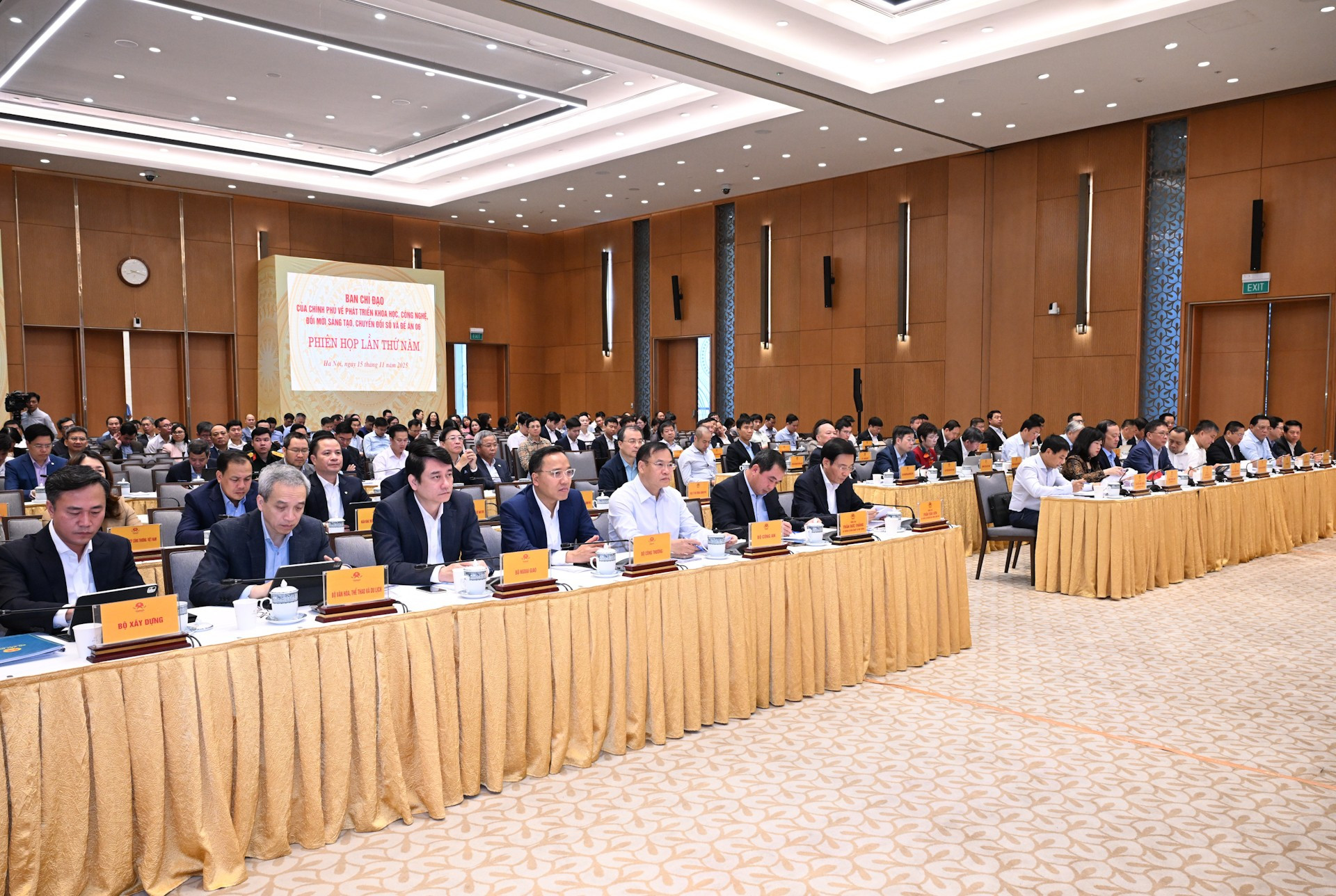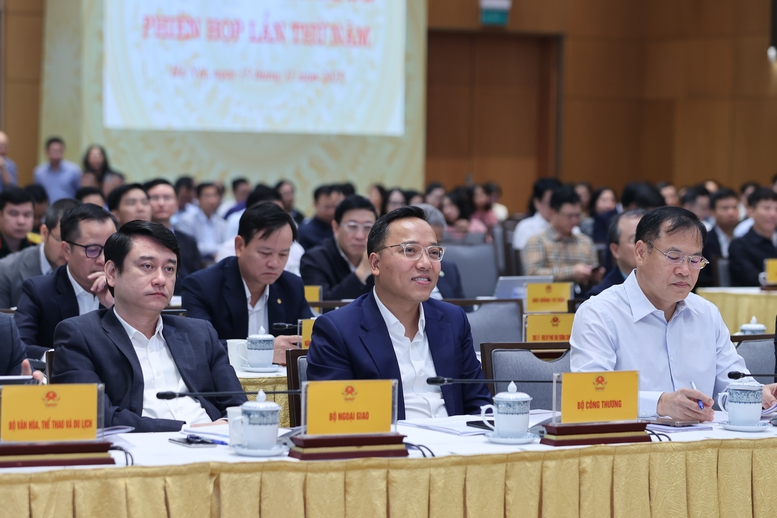[Latest News] Vietnam Allocates VND 95 Trillion for Science, Technology and Innovation in 2026
The Vietnamese government has earmarked VND 95,000 billion for the development of science, technology, innovation and digital transformation in 2026, according to Prime Minister Phạm Minh Chính.

At the morning session of the Government Steering Committee on Science-Technology, Innovation and Digital Transformation, the Prime Minister directed the State Bank of Vietnam and commercial joint-stock banks to vigorously implement a credit programme of VND 500,000 billion to boost strategic infrastructure and digital technology. The central bank was instructed to review eligibility criteria and ensure the funds flow to the intended purposes.

To ensure sufficient funding from the state budget and investment capital, the Ministry of Finance together with the Ministry of Science and Technology proposed appropriate financial mechanisms and arrangements. Priority investment areas include the national data centre, data exchanges, key national laboratories, research centres, strategic technology development projects and critical databases.
According to the Ministry of Finance’s report, government spending on science and technology as a proportion of total state budget expenditures was 1.37% in 2021, 1.72% in 2022, 1.39% in 2023 and 1.97% in 2024. For 2025 the government has allocated 3% of the total state budget to the sector.
The Ministry of Science and Technology has been tasked with presenting soon a scheme to support the development of digital technology enterprises that aim to go global, and an investment scheme to enhance the capacity of public research and development organisations. Meanwhile, mobile network operators have been urged to accelerate nationwide 5G coverage and the ministry is resolving issues related to the Starlink project in order to deploy it in 2026, with a target of 500,000 subscribers.

Further responsibilities include the Ministry of Justice undertaking a comprehensive review of the status of online public services and database governance; the Ministry of Public Security developing a utility to support elections for the National Assembly and People’s Councils through the VNeID platform; and the adoption of the first national data centre and plans for a second centre.
Urban development proposals for six centrally-controlled cities, smart border-gate models to combat smuggling and commercial fraud, and the digitalisation of lifelong learning records, degrees and certificates within the first quarter of 2026, and a nationwide electronic health record system linked between hospitals, are among the other major directives.
Prime Minister Phạm Minh Chính recounted the case of a parent in Thanh Hóa who had to travel 19 km to a commune office to obtain a birth certificate confirmation for a university student, then send it to Hanoi - even though agencies had instructed the citizen to use the VNeID app, which already held the relevant personal data. He stressed the need for stronger digital literacy training among citizens and for the government to “boldly and decisively cut unnecessary procedures.”
Latest Updates
Latest Articles
Discover our most recent articles, updates, and insights from our team
[Latest News] Trump Proposes Fast-Track Nuclear Power Licensing for Tech Firms to Support AI Growth
U.S. President Donald Trump announced a bold new proposal aimed at addressing the skyrocketing energy demands of artificial intelligence (AI).
[Latest News] Vietnam Breaks Ground on Its First Semiconductor Chip Manufacturing Plant
Vietnam has officially begun construction of its first semiconductor chip manufacturing plant, marking a major milestone in the country’s efforts to develop a domestic semiconductor industry.
[Latest News] Key Activities at the ASEAN Digital Ministers’ Meeting
The 6th ASEAN Digital Ministers’ Meeting (ADGMIN), held in Hanoi from January 12–16, 2026, features a series of activities designed to strengthen digital cooperation across Southeast Asia and beyond.